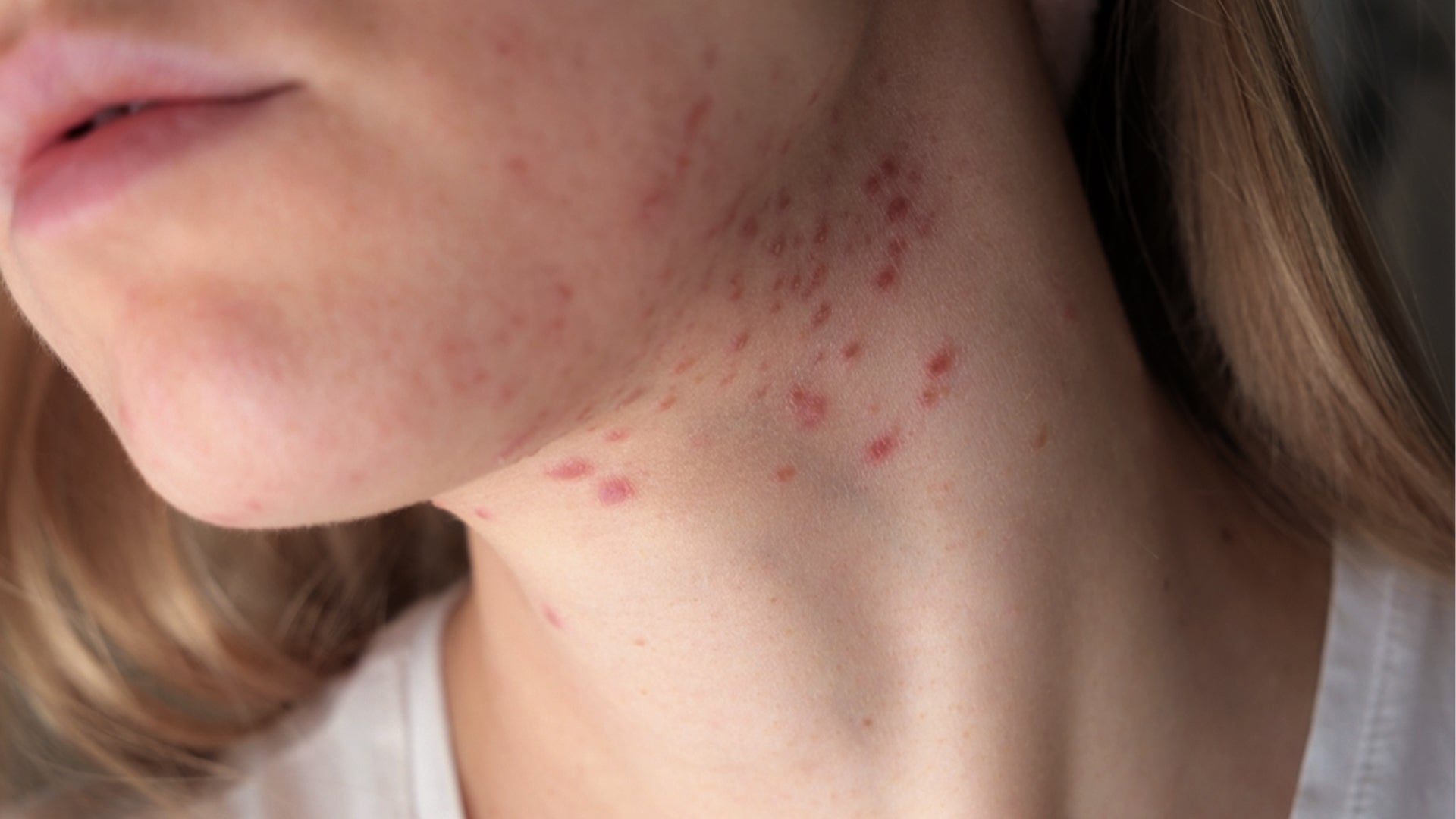Dealing with breakouts and efforts to cover them up with all the available cosmetics to look our best is a routine tiresome process.
Most acne treatment research indicates that retinoids derived from vitamin A help remove acne.
While most retinoids need medication, Retinol, a prominent retinoid, is available in various creams, cleaning agents, and certain other products.
What Is Retinol, And How Does It Help Prevent Acne?
Retinol belongs to compounds in the Retinoids group(Tretinoin, Adapalene, Tazarotene, Isotretinoin). Although all retinoids are derived from vitamin A, their properties vary.
Unlike most other acne treatments, it also appears to be working by getting under your skin. Tiny molecules permeate the intermediate layer of your skin (dermis). Retinol helps in the synthesis of collagen . These properties of Retinol indirectly fight acne by lowering the appearance of pores and acne scar tissue over time.
According to various studies, Retinol has also been shown to help treat fine lines and other indications of skin ageing.
While Retinol may be productive for gentle acne, more potent retinoids may be better options if you have severe acne. Topical tretinoin and the oral medication isotretinoin are examples of these.
How Should One Use Retinol?
Retinol should indeed be generally used with care for your skin. The most popular suggestion is:
Use Retinol once a week for the first two weeks. If you only have slight skin irritation, progressively increase for the next two weeks. Now, use it twice a week for the next two weeks. If you only have minor skin irritation, continue to use the product for the next two weeks. Later, when your skin is comfortable with Retinol, use it on a routine basis rather than every night.
Many retinoid elements are known for being "photo unstable”. This implies that they are volatile under light conditions and will not operate if exposed to too much light. This is why most experts recommend incorporating Retinol into your evening routine. Using Retinol can make your skin more prone to sun-related effects like fine lines, burning, and skin discolouration. As a result, it is wise to avoid using it during the day.If you take a retinoid, such as Retinol, Retin-A (tretinoin), or accutane (isotretinoin), you should wear sunscreen because these medications make your skin more sensitive light. This means that it will be easier to burn your skin and that it will require less time for your skin to respond to the sun.
Things You Need To Be Cautious About Retinol And How To Overcome It?
Retinol can cause skin dryness, especially in winter. It promotes rapid turnover of skin cells, resulting in the rapid shedding of the upper layer of skin cells. Whenever this happens, the skin barrier is compromised. This would lead to loss of moisture content in your skin eventually your skin dries out. A good skin barrier is required to protect from excessive water loss from the deeper levels of skin cells. Shedding of cells at the skin's outermost surface involves inflammation and dryness. This can make you itchy on the face and neck, which are common sites where Retinol is used.
It is possible that your skin will feel tight which is a common complication. The perception of stiffness should not be misinterpreted as the disappearance of a wrinkle.
For these reasons, it is essential to moisturise your skin thoroughly with a cream-based or water-based moisturiser, depending on your skin type.
To combat acne and soothe your skin, try implementing 2%GRANACTIVE RETINOID that best suits the oily and combination of skin that is most prone to acne and, consequently, acne scars. It does not irritate as it is fragrance-free.
References:
https://www.ncbi.nlm.nih.gov/pmc/articles/PMC2699641/







 +91 9347578980
+91 9347578980